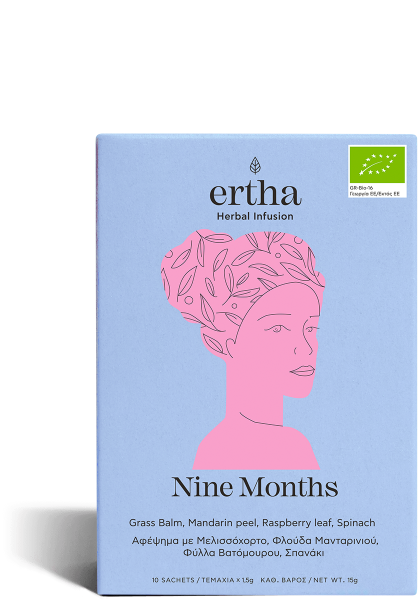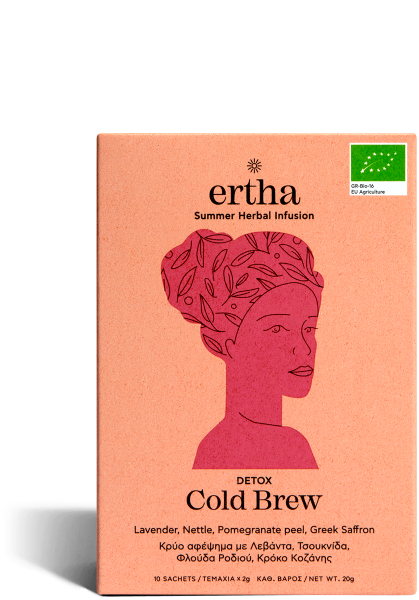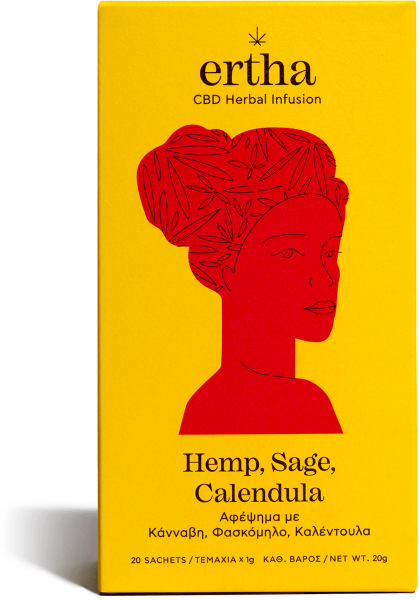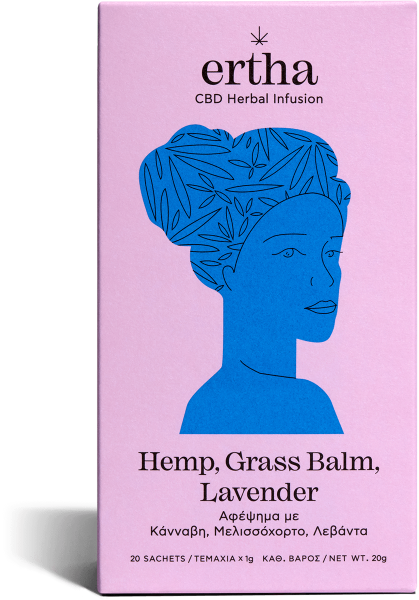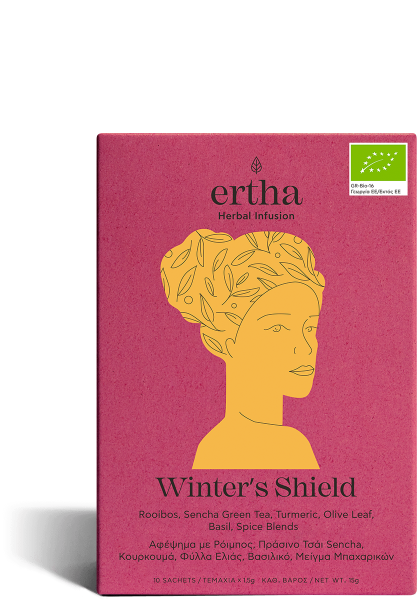Female Care
Taste: Female Care is an exceptional blend of rare ingredients leading to an unprecedented journey of taste sensations. Rich body and unique aromas guarantee a truly unrivaled experience.
What's in for me: Support your hormones and your luteal phase with flavonoids, and iridescent herbal essential oils that ease premenstrual symptoms. A strong blend with antioxidant properties that protect cells from oxidative stress and reduce inflammation prior to menstruation. The nutritive compounds of Female Care tonify blood flow, ease the nervous system, modulate the synthesis of prostaglandins, and nourish the body before the onset of menorrhagia. Sip on female care up to two times a day, three to seven days before you start your period and then throughout your period to balance the nervous system, to soothe cramps, mood swings and nourish the uterus.
Caffeine-free, sugar-free, gluten-free, additive-free
Serving instructions: Pour 250ml boiling water into a cup and leave for 4 minutes to enjoy its fresh, invigorating aromas and rich delicate flavor. Let tea cool to a comfortable temperature before drinking. We do not advise drinking hot tea.
Advise: Please do not take if you are pregnant or breastfeeding. If you are taking any medication or under medical supervision, please consult a healthcare professional before use.
Packaging Information:
All the materials are recyclable and environmentally friendly.
10 sachets x 1,5g/ NET WT. 1,5g
ISO 22000:2018
Angelica Root
Ginger
Chamomile
Ceylon Cinnamon
Chasteberry (Vitex Agnus Castus)
Cranberry
Angelica root
Angelica, a dried root, well-known in East Asia as Chinese Angelica, is considered by traditional Chinese Medicine to be a uterus tonic herb for at least 2.000 years. It belongs to the Apiaceae family, related to parsley, with a strong scent between celery and licorice. It;s bittersweet and spicy taste eases cramps by increasing blood flow to the uterus; therefore, it prevents cramping. It nourishes the body and helps rebuild the uterus. It is widely used to treat dysmenorrhea by regulating uterine contractions.
Ginger
Is a well-known spice used in Chinese Medicine and Ayurveda, and a member of the Zingiberaceae plant family. Compounds of ginger, such as gingerols, capsaicin, beta-carotene, and curcumin, have plentiful anti-inflammatory activities and analgesic properties for menstrual pain and cramping. Ginger can modulate the synthesis of prostaglandins and induce premenstrual cramping and pain.
Chamomile
With the hollow, bright gold cones of its flowers has antispasmodic, anti-anxiety, anti-inflammatory, and antioxidant properties that can relieve painful cramps associated with the menstrual cycle. Apigenin, Flavonoids, and Phytostrogenic compounds in chamomile tea work on the central nervous system to suppress pain. It also helps modulate the actions of dopamine and serotonin, helping to offset or at least reduce the impact of depressive symptoms, which are associated with premenstrual syndrome.
Ceylon Cinnamon
Is a spice made from the inner bark of Cinnamomum trees, with a more delicate and complex flavor spice. Ceylon Cinnamon contains vitamin A, thiamin, riboflavin, and ascorbic acid. Its anti-inflammatory properties have been disputed to its essential oil cinnamaldehyde and eugenol as a treatment for dysmenorrhea. Ceylon cinnamon can prevent the biosynthesis of prostaglandins and reduce inflammation.
Chasteberry
Chasteberry, also known as Vitex Agnus-Castus is well known in the Mediterranean region. Chaste means pure which refers to the anaphrodisiac properties of the plant and its use by monks for its celibacy. Vitex Agnus Castus contains flavonoids, iridoids and volatile oils that have been shown to have a positive effect on hormones, neurotransmitters, the opioid system, in pain and inflammatory pathways. Vitex is considered a very well tolerated treatment for premenstrual syndrome, as it eases cyclical mastalgia, mood shifts, headaches, joint pain, premenstrual food cravings, crying spells, acne, and fatigue
Cranberries
Are rich in vitamin C, E, K1, copper, and manganese complex phytochemical compositions such as proanthocyanins, anthocyanins, benzoic acid, and ursolic acid. Consumption of cranberry has been shown to decrease the risk and prevent UTIs by preventing bacteria, particularly E. coli from adhering to uroepithelial cells that line the wall of the bladder. Cranberry’s antioxidants can also counteract the cause of menstrual cramps by acting on the production of prostaglandins that cause severe cramps.

